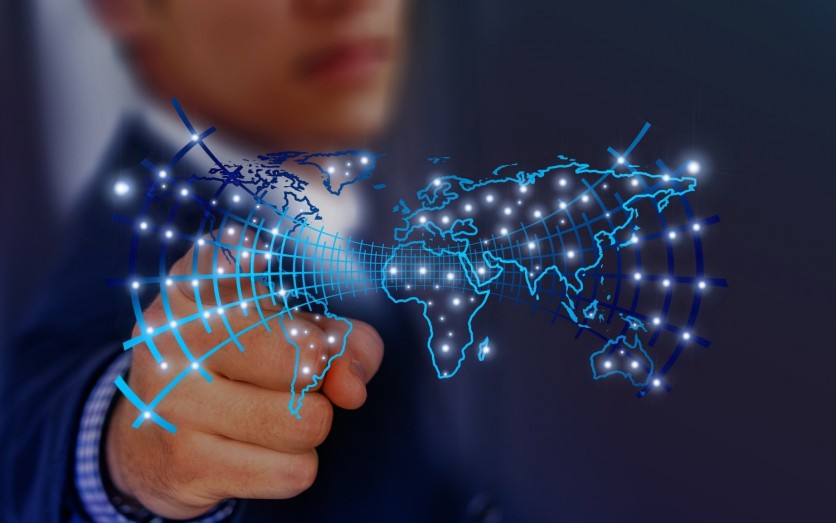Artificial intelligence (AI) could help resolve certain major problems in Africa, from agriculture to the health sector and cultural identity, according to UN News.
However, Seydina Moussa Ndiaye, a prominent member of the United Nations advisory body on machine learning, has raised concerns about the looming threat of a new form of "colonization" in the continent if foreign companies continue to exploit African data without involving local stakeholders.
"The biggest threat for me is colonization. We may end up with large multinationals in AI that will impose their solutions throughout the continent, leaving no room for creating local solutions," Ndiaye told UN News.
Digital colonization can be defined as retrieving and controlling data from individuals without obtaining consent from them.

Darker Sides of AI
Ndiaye, who has played a pivotal role in Senegal's digital transformation in higher education and has contributed to the African Union's Pan-African Strategy on AI and the Global Partnership on Artificial Intelligence (GPAI), emphasized the need for a collaborative and inclusive approach to AI development in Africa.
Addressing the positive aspects, Ndiaye highlighted the increasing interest among young entrepreneurs in AI startups and the potential for AI to solve critical issues in agriculture and healthcare. He also cited the role of AI in fostering the development and recognition of African cultural identities on a global scale.
However, Ndiaye expressed apprehension about the darker sides of AI, particularly the risk of a form of colonization. He raised concerns about the dominance of large multinational AI companies imposing their solutions across the continent, potentially sidelining local initiatives and hindering the growth of African talent.
A significant challenge Ndiaye highlights is the ownership of data generated in Africa by foreign multinationals. He noted that most of this data is controlled by entities operating outside the continent, leading to a loss of African talent and hindering the development of local solutions.
Ndiaye also cautioned against the potential misuse of AI technologies, particularly in the context of the fourth industrial revolution. He warned that Africa could become a testing ground for new solutions, including those combining AI with biotechnology, without adequate supervision and regulation.
He argued that this poses a serious threat to the continent, with the risk of new technologies being tested on African populations without proper control and understanding.
Read Also : Camera Giants Nikon, Sony, and Canon Unite to Combat Deepfakes with Cutting-Edge Digital Signatures
'A Real Gap'
In response to these concerns, the UN's new AI advisory group, which Ndiaye is a member, is seen as a platform to address these challenges.
The group aims to provide a forum for discussing and resolving issues related to AI development, fostering international scientific cooperation, and ensuring that the voice of Africa is represented in these discussions.
"It's important that the voice of Africa is represented in the group. International scientific cooperation will be strengthened and not limited to the major powers," Ndiaye said.
"At the international level, it includes everyone and also helps the least developed countries. Currently, there is a real gap, and if this is not resolved, we risk increasing inequalities," he concluded.
Related Article : Can AI Replace Humans in the Music Industry? Here's What an Award-Winning Composer Has to Say About It

![Apple Watch Series 10 [GPS 42mm]](https://d.techtimes.com/en/full/453899/apple-watch-series-10-gps-42mm.jpg?w=184&h=103&f=9fb3c2ea2db928c663d1d2eadbcb3e52)



